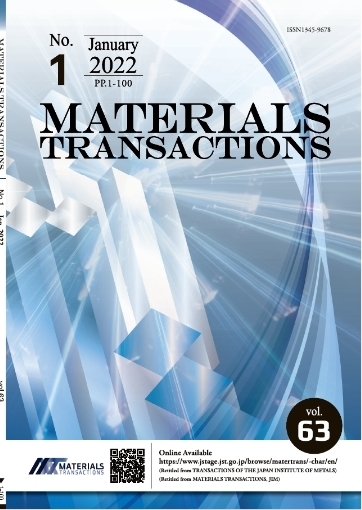Conjugated Silicon–Based Polymer Resists for Nanotechnologies: EB and UV Meditated Degradation Processes in Polysilanes
Frantisek Schauer, Petr Schauer, Ivo Ku\\v{r}itka, Hua Bao
pp. 197-201
Abstract
The comparison of the susceptibility of aryl-substituted polysilanes to the photodegradation by electron beam (EB) and UV radiation is examined on the prototypical material, poly[methyl(phenyl)silylene] (PMPSi). The main purpose of this paper is to compare the photoluminescence (PL) and cathodoluminescence (CL) after major degradation, predominantly in the long wavelength range of 400–600 nm, studying the disorder due to dangling bonds, conformational transformations and weak bonds created by the degradation process. The UV degradation was a completely reversible process, whereas the EB degradation process was only reversible, provided certain material specific level of degradation was not exceeded. This observation supports different paths and final states in both UV and EB degradations. The results serve for the optimization of polysilane nanoresists.
Readers Who Read This Article Also Read
MATERIALS TRANSACTIONS Vol.50(2009), No.10
MATERIALS TRANSACTIONS Vol.51(2010), No.1
MATERIALS TRANSACTIONS Vol.51(2010), No.1










